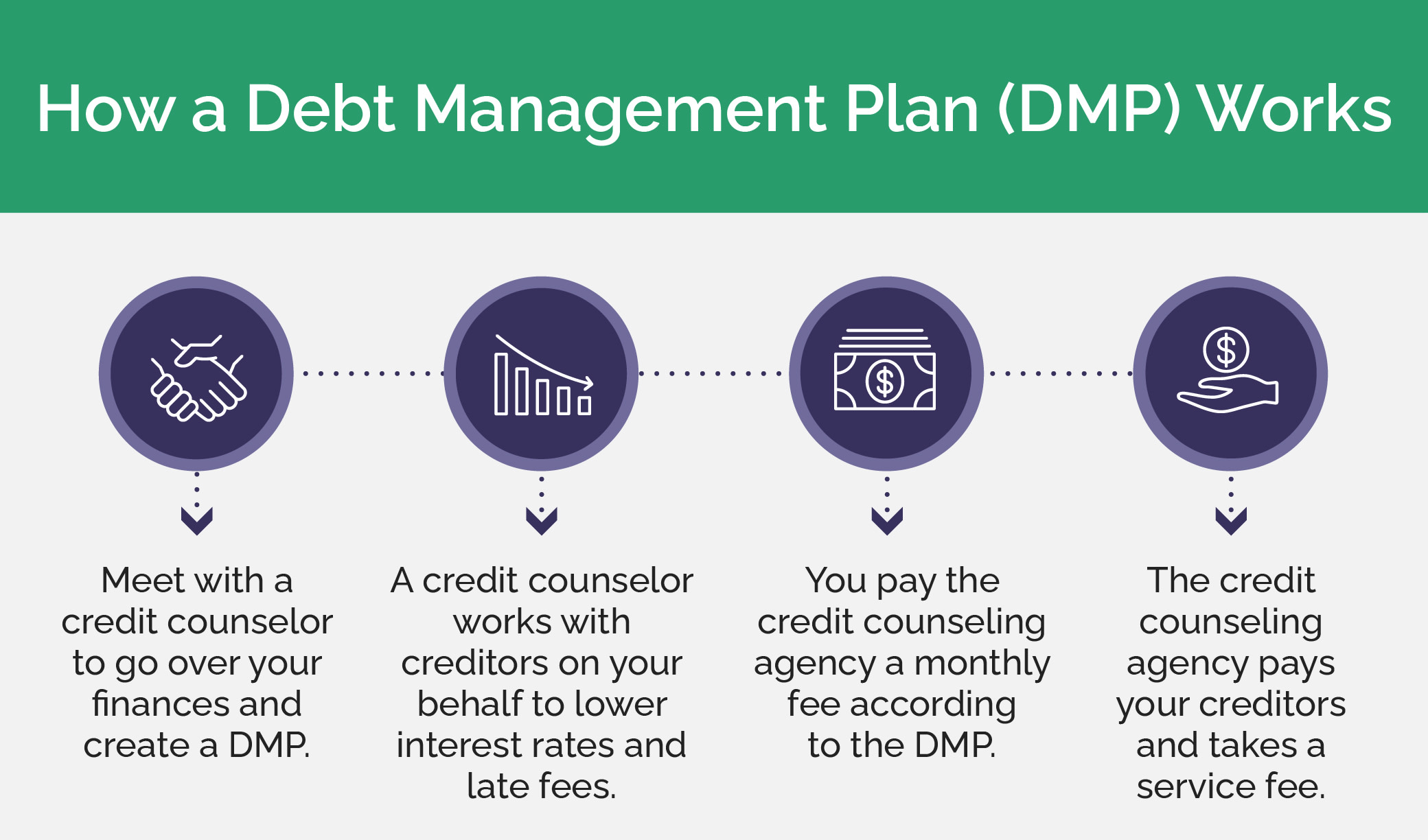Understanding the Relevance of a Well-Structured Financial Obligation Management Strategy for Financial Stability
In the realm of individual finance, the relevance of maintaining a well-structured financial debt management strategy can not be understated. It works as a cornerstone for attaining and sustaining monetary security, yet its value usually stays overlooked or underestimated. As individuals navigate the complexities of handling their monetary commitments, a strategic approach to financial obligation monitoring can lead the means for a more thriving and protected future. By understanding the basic principles and functional strategies behind effective financial debt monitoring, individuals can open the path to not only reducing financial obligation problems however also cultivating a strong foundation for long-term financial well-being.
The Effect of Financial Debt on Financial Stability

Furthermore, the impact of financial debt on economic security expands past simply the financial aspects. It can also impact mental health and wellness, partnerships, and general well-being. The stress and anxiety and anxiety connected with overwhelming financial debt can prevent decision-making capacities and pressure expert and personal partnerships.
For that reason, it is important for individuals and organizations to very carefully manage their financial obligation levels, ensuring that it aligns with their monetary objectives and abilities. By recognizing the effects of debt on monetary stability and implementing reliable financial obligation monitoring individuals, techniques and companies can secure an extra flourishing and stable financial future.
Elements of a Reliable Financial Debt Administration Plan
Provided the important value of keeping economic security among varying financial obligation degrees, recognizing the necessary components of an effective financial debt management strategy is extremely important for individuals and companies alike. An extensive financial obligation monitoring plan typically includes a detailed assessment of present financial obligations, revenue, and expenditures to develop a clear monetary picture. In addition, developing an emergency fund to avoid accumulating more financial obligation in case of unforeseen expenses is a prudent part of a well-shaped financial debt management plan.
Advantages of Carrying Out a Financial Debt Settlement Technique

Tips for Creating a Lasting Budget
Building a solid financial structure starts with mastering the art of producing a sustainable spending plan that straightens with your lasting monetary goals and enhances your debt settlement approach. To produce a budget plan that promotes monetary security, start by tracking your income and costs next to comprehend your monetary patterns. Categorize your costs into essential (such as housing, energies, and grocery stores) and non-essential (like dining out and home entertainment) to prioritize where your cash goes. Establish sensible spending limitations for each category, making sure that your essential expenses are covered while leaving area for financial savings and debt settlements.
Remember to allot a portion of your spending plan in the direction of building an emergency situation fund to cover unanticipated financial difficulties. By complying with these tips and staying disciplined in your budgeting technique, you can create a lasting monetary strategy that sustains your long-term goals and aids you achieve long-term monetary stability.
Tracking and Changing Your Financial Obligation Management Plan
Frequently assessing and adapting your financial debt administration strategy is important for keeping economic development and achieving debt settlement goals. Checking your debt monitoring plan includes keeping track of your earnings, expenses, and debt equilibriums to ensure that you are remaining on track click here for more info with your economic goals (debt management plan services). By consistently evaluating your strategy, you can determine any type of areas that might need change, such as cutting down on unneeded expenditures or boosting your financial debt payments
Readjusting your financial debt monitoring plan may be required as your financial scenario advances. Life modifications, such as a job loss or unexpected expenses, may need you to reassess your plan and make alterations to accommodate these new circumstances. Furthermore, as you pay for your financial debt, you may locate that you have added funds readily available to allocate in the direction of financial debt payment or financial savings.

Final Thought
Finally, a well-structured financial debt monitoring strategy is important for preserving financial stability. By recognizing the influence of financial obligation, implementing a repayment method, developing a lasting budget, and tracking and adjusting the plan as needed, individuals can take control of their monetary situation and job in the direction of a debt-free future. It is important additional info to prioritize economic health and wellness and make informed decisions to protect a flourishing and steady monetary future.
By understanding the fundamental principles and sensible techniques behind reliable financial debt monitoring, people can unlock the path to not only minimizing financial obligation problems but also cultivating a solid foundation for long-lasting economic well-being.
Provided the essential importance of keeping financial security in the middle of differing financial obligation degrees, understanding the necessary elements of an efficient financial obligation management strategy is paramount for companies and individuals alike. An extensive financial debt management plan normally consists of a comprehensive evaluation of current financial debts, income, and costs to develop a clear economic image - debt management plan services.Consistently evaluating and adjusting your financial obligation monitoring plan is critical for keeping financial development and attaining financial debt settlement objectives. Monitoring your debt monitoring plan entails keeping track of your revenue, expenses, and financial obligation balances to guarantee that you are remaining on track with your financial objectives